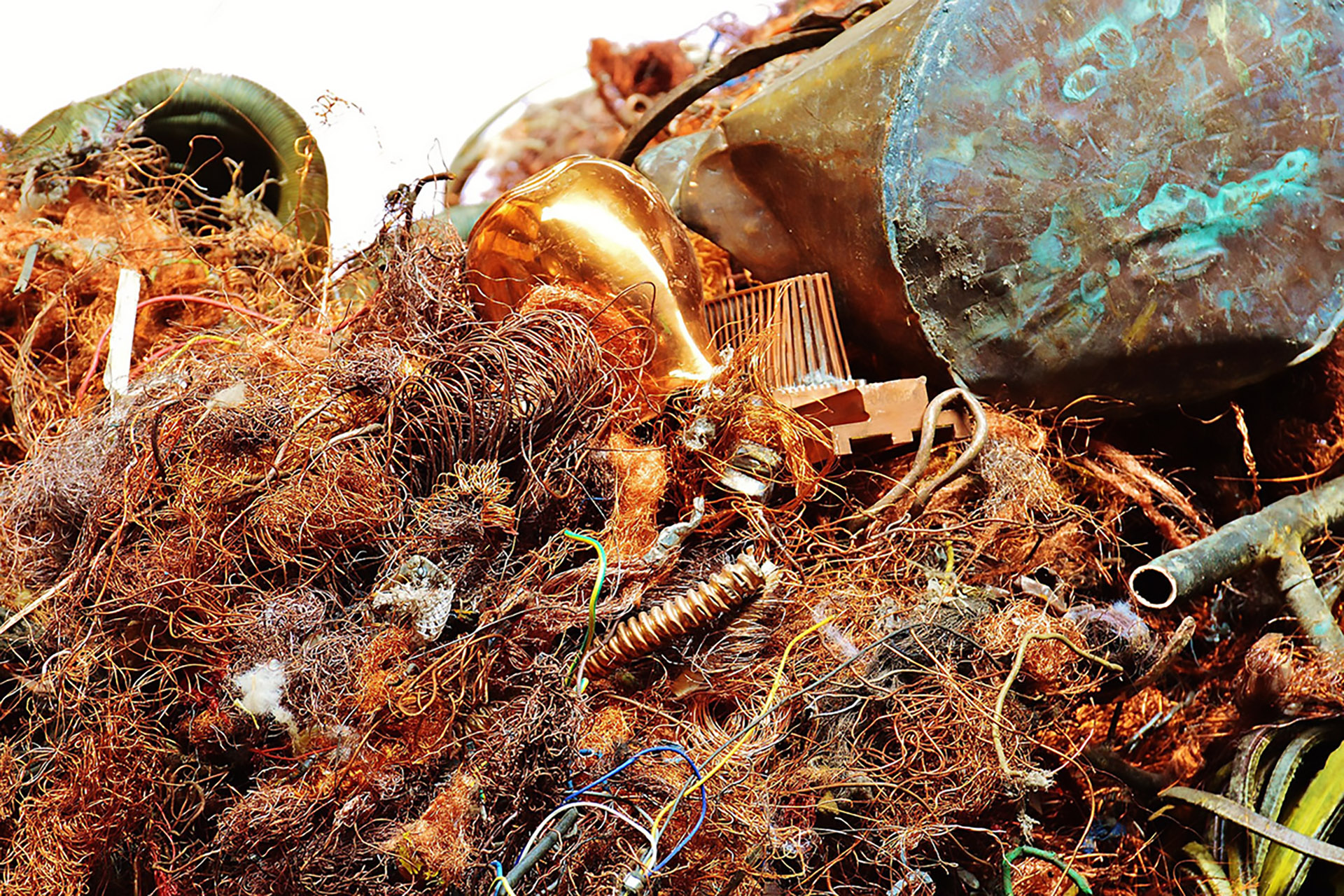
Disposing of Commercial Waste – Legally!
This is a major headache for all different types of tradesmen – from builders, plumbers and electricians, to gardeners, landscapers and just about any other type of trade you can think of. If volumes are not huge, it’s tempting to just get rid of it as part of your normal household waste collections, or take it to your local tip - but you’ll be breaking the law if you do. It’s all about something called ‘Duty of Care’, under Section 34 of the Environmental Protection Act 1990.
It’s important to get your head around the fact that ‘waste’ in this sense isn’t just stripped out plasterboard, cut branches, broken tiles or old bricks – it’s also things like cleaning product containers, cardboard, plastic wrapping, sweepings, or even packaging and leftovers from food and drink consumed on site. So it really does relate to all types of trades. And legally, you can’t even take this type of stuff home and put it in your own bin, if it was generated while you were ‘at work’.
So what exactly are your legal obligations? Here’s the layman’s version of the Government’s guidelines - based on the ‘Waste Regulations 2011’ information - and with a few extra pointers woven if from our industry experts.
What are you responsible for?
As any type of commercial tradesman, your job is to try to leave as little waste as possible on every job you do. And that’s the same whether you run a business with 50+ employees or if you’re a sole trader. Either way, the rules state that you have to ‘prevent, reuse, recycle or recover’ your waste if you possibly can, in that order of priority – and only dispose of it as a last resort. Sounds like a pain we know, but it does make sense – and the environment will thank you for it! More than that, some of the options might even save you money in the long run.
The waste hierarchy
So, based on Government guidelines this is how the ‘waste hierarchy’ breaks down – so in short, this is what you should be doing, if you can . . .
Prevent waste
Do not produce waste to begin with. Easier said than done we know, if you’re ripping out a stub partition or someone’s old kitchen! But good to be aware of the waste you’re creating and try to avoid as much of it as possible.
Prepare for reuse
Repair or treat waste so that it can be used again. Can kitchen cupboard doors or carcasses be re-used elsewhere, on another project for example? Or is it possible to sell old sinks or baths as ‘vintage’ - if they are old enough?
Recycle
Separate your waste to be recycled and used to make new products. Investigate places locally where waste wood, tile, flooring or other building materials can be recycled into new products.
Recovery
Use waste as an energy source. Wood can be burned of course, as can some other building materials, but how and where you do this - or whether you can pass on your waste so someone else who can - would need to be looked into in more detail, as safety is vital.
Disposal
The final option - sending materials to landfill via a Waste Transfer Station. It’s very clear that is only what you are supposed to do if you’ve ruled out all the other options above, but of course it is often still the only answer.
How do you dispose of it?
Any commercial waste - or ‘controlled waste’ as it is referred to - which you absolutely cannot find another home for, needs to be taken to your nearest Waste Transfer Station, where they will charge for every load you dispose of, based on weight. Remember though that if you’re paying someone else to take it away for you, they need to be a Licensed Waste Carrier and you should ask to see their permits and so on before you hand over any waste. Sometimes your local council will be able to arrange this, or there are many other firms you can hire. The other options is to deliver it to the Waste Transfer Station yourself of course.
How do you transport it?
You’ll need to give any carrier a Waste Transfer Note, which includes a description of the waste, details of the source of the waste, details of the person collecting it, and the location of the transfer of the waste – so where you were when you handed it over, usually your customer’s premises. Even if you’re delivering the waste yourself, you’ll still need to do one of these as well.
What about storage until you can dispose of it?
Before you get to this stage though, there are also rules about how that waste is stored. Until you can get rid of it, you have to make sure that you store it in secure containers - for smaller items, or somehow otherwise secure larger items of waste - so that it isn’t disturbed by animals or just blown away in the wind. Or even removed from your customer’s site by anyone who just fancies a rummage in your skip! At the end of the day, you are responsible for what happens to it, so take these guidelines seriously.
What classes as hazardous waste?
Some waste is classed as hazardous, meaning it has dangerous properties which could harm human health or the environment. For example being highly flammable, toxic, corrosive, and irritant or even cancer causing. You may think this doesn’t apply to you, but then even something like an old
fluorescent tube or some leftover cleaning product can be classed as hazardous – so make sure you check all the necessary rules and regs carefully.
The Government is very clear about exactly how you should manage any waste that your business creates, but to be honest, a lot of it is pretty much common sense! Just don’t make the mistake of thinking that you can get away without doing it properly . . .
